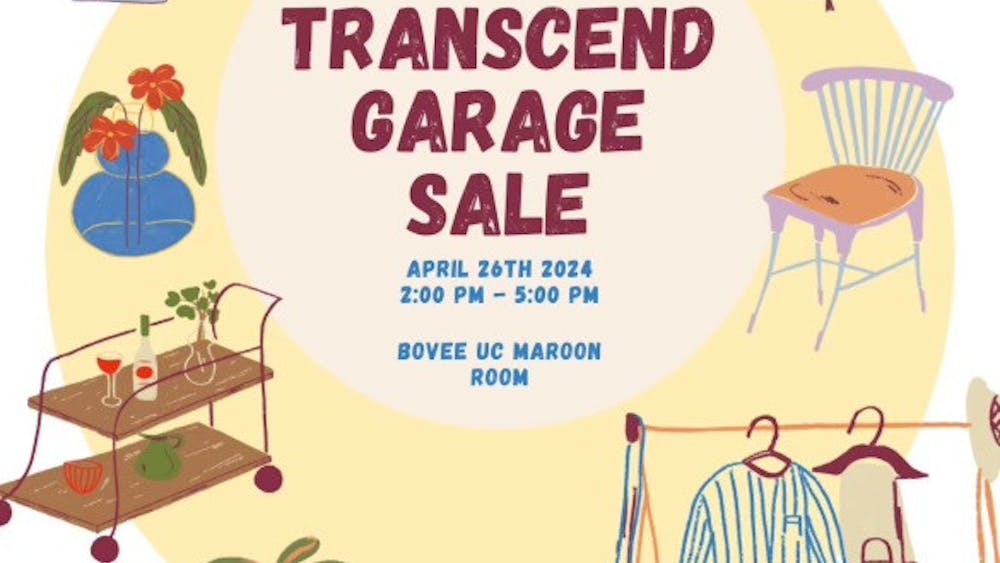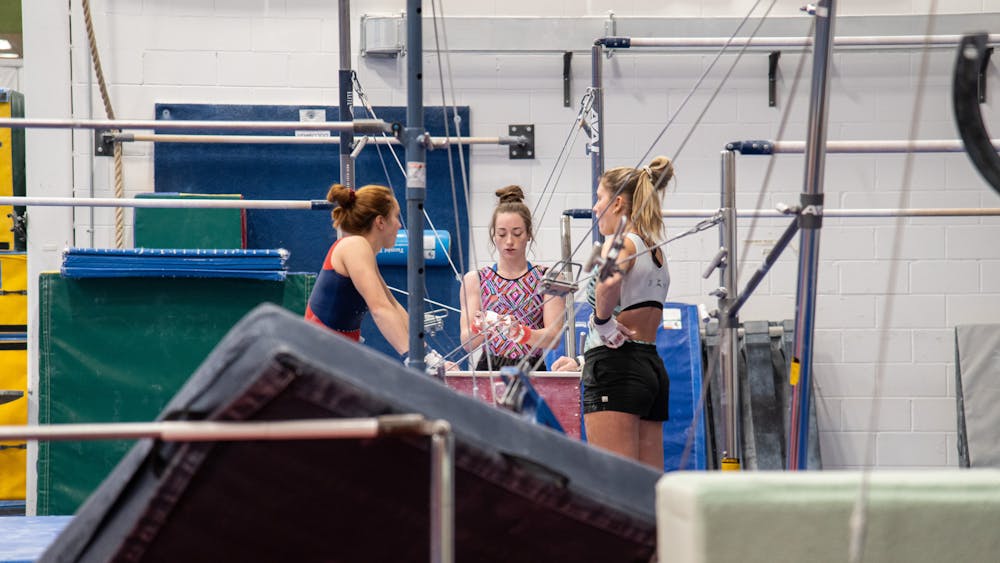Freshman retention rate at 90 percent from first semester
About 300 first-time college students didn't return for the 2016 Spring Semester.
Of the 3,476 new, first-time college students that started at Central Michigan University in Fall 2015, 3,184 are enrolled this semester.
That means there were 292 students who didn't come back, resulting in a 91.6 percent fall-to-spring persistence rate as of Feb. 22.
At this time last year, that number was 90.1 percent.
Jason Bentley, director of the Office of Student Success, said CMU's retention rate has been fairly stable, and has improved over the last couple of years. The-one year retention rate in 2015 was 78.2 percent, compared to 76.4 percent in 2014.
"(CMU's retention rate) has been fairly consistent and slightly better than other institutions like CMU across the country," Bentley said. "Being slightly better doesn't mean you're great, so the university has basically said, 'we care about every student who starts here.' We want them to persist and graduate."
Bentley said when students transfer, they keep information on why and look for dominant patterns.
A common theme he sees is students who feel disconnected from campus. He said they continue to work on how to create a sense of belonging on campus for all students.
"(Students) can have a couple bad experiences with people, but overall, if (they) feel like this is a community (they) feel safe in and people respect and care about (them), then they can deal with a couple of bad grades or a couple of difficult conversations with someone," he said.
The Office of Student Success' goal is to have an 80 percent one-year retention rate or higher by 2018, he said.
Traditional students — Michigan high school graduates who go to college directly from high school — make up the largest percentage of students at CMU, Bentley said. There are four main characteristics that predict whether someone will persist from the first year to their second at CMU: level of academic preparedness, socioeconomic status, whether the student is a first generation college student and whether the student is a member of an underrepresented population.
Additionally, Bentley said factors in campus environment can help students be successful. A sense of belonging and messages that show struggling students they are not alone and it will get better are a few examples.
One way in which the Office of Student Success is working to improve retention is by improving its ability to know which students need more support. In the Office of Student Success, they collect real-time-data on who attended in the fall and registered for spring classes, how many students dropped and added classes and more.
When a student might be off track or not continuing with their program of study, Bentley said, the Office of Student Success calls and asks why.
They ask if there's anything the student might need, what led the student to their decision, if there's anything the university could've done and if there's any way the student could be helped to re-enroll and earn a degree.
"When we approach an individual, it's with the understanding that I don't know all the complexities of (that person), so we ask (questions) and listen. We try to figure out what is the best support structure for (them)," Bentley said. "There are things we try to do in general but it's very personal."
The office is also working on improving retention by having reliable, timely information to provide the support students need. The university has increased the number of academic advisers and success coaches on campus.
CMU is in the process of releasing an advising toolkit called the Student Success Campus that will provide more information to advisers as they work with students.
There are 30 academic advisers on campus. Advising services are continuously reviewed to figure out how to maximize student success, said Director of Academic Advising and Assistance Michelle Howard.
The retention information the university reports to the Integrated Postsecondary Education Data System and is set by the state and federal government.
"Once we get to September of next year, there's nothing we can do about (the retention rate for that year)," Bentley said. "That's the number we report to the federal government. But all along the way, we're collecting data about retention from all of these different sources and using that to pinpoint where we might be able to help support more students."
The goal, Bentley said, is not just for students to come to CMU, but for students to graduate and be successful.




